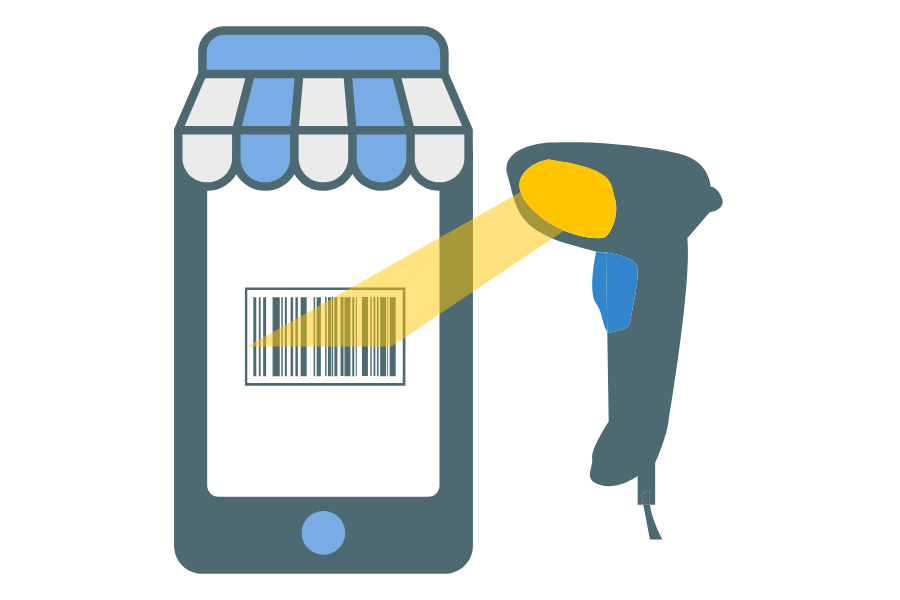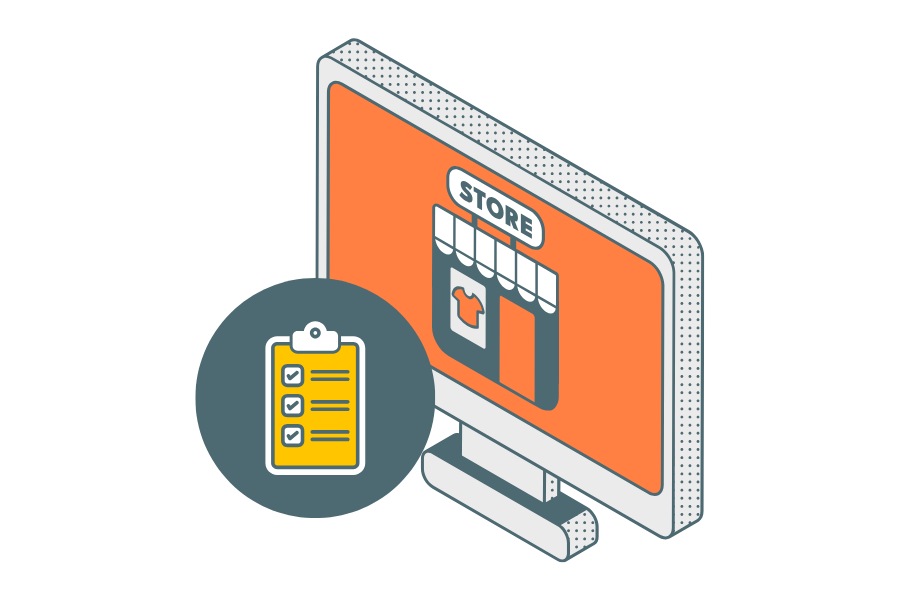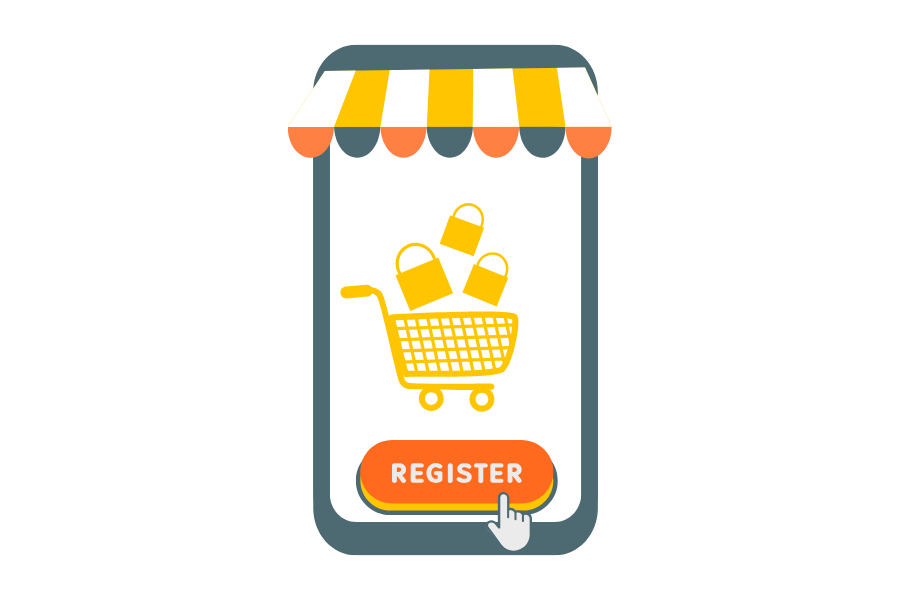Things to Know Before Registering as a Sole Trader in the UK
Starting your own business is exciting, but the paperwork and regulations can feel daunting. If you’re considering registering as a sole trader in the UK, it’s important to understand your responsibilities early on—especially when it comes to managing your finances and accessing the right accounting services in the UK.
This guide covers the essential tax obligations, registration steps, and record-keeping tips every UK small business owner should know before taking that first step.
What Is a Sole Trader?
A sole trader is the simplest business structure available to UK entrepreneurs. You operate your business as an individual without forming a separate legal entity. This means you retain full control but also take on personal responsibility for any business debts—what’s known as unlimited liability.
Operating as a sole trader is a popular choice for many UK small businesses because it involves minimal setup and simpler accounting compared to limited companies. You can trade using your own name or a business name, as long as it meets the UK business name regulations.
Key Considerations Before Registering
Who Must Register?
You need to register as a sole trader with HM Revenue & Customs (HMRC) if you:
- Earn more than £1,000 in self-employment income during a tax year (6 April to 5 April).
- Need to prove you are self-employed—for example, when applying for certain benefits.
- Wish to pay voluntary Class 2 National Insurance contributions.
- Work as a subcontractor within the Construction Industry Scheme.
Registration is done by signing up for Self Assessment with HMRC. It’s important to register on time to avoid penalties—you must do so by 5 October following your business’s first tax year.
Understanding Your Tax Obligations
As a sole trader, you are responsible for filing an annual Self Assessment tax return declaring your business profits.
- Income Tax: You pay tax on profits above the personal allowance (£12,570). Tax rates vary depending on your total income.
- National Insurance Contributions (NICs):
- Since April 2024, Class 2 NICs are voluntary for most sole traders but can still help qualify for certain benefits and the state pension.
- Class 4 NICs are payable on profits above the personal allowance at graduated rates.
Make sure to familiarise yourself with the latest rates and thresholds on the official HMRC website.
✅ Your books should work as fast as you do. Get real-time insights, automated reports, and expert guidance—all in one place. Experience live accounting here.
VAT Registration: What You Need to Know
If your business turnover exceeds £90,000 within any 12-month period (new threshold from April 2024), you must register for VAT. You can also register voluntarily even if your turnover is below this limit, which might benefit your business.
Learn about your VAT registration requirements and how VAT affects your pricing and record keeping.
Keep Accurate Records
Good record keeping isn’t just a legal requirement—it’s a vital part of running a successful business. As a sole trader, you should keep records of:
- All sales and income
- Business expenses and purchases
- VAT records (if registered)
- PAYE records (if you employ staff)
From 2026, digital record keeping will become compulsory for most sole traders under the Making Tax Digital (MTD) programme. It’s a good idea to start moving towards digital bookkeeping now.
Choosing a Business Name
You can trade under your own name or a trading name, but ensure your business name:
- Is not misleading or offensive
- Does not suggest a connection to government or local authorities unless permitted
- Includes your name on official documents, invoices, and correspondence
For more guidance, see the rules on business names in the UK.
Employing Staff as a Sole Trader
If your business grows, you might decide to employ people. As an employer, you must register with HMRC, operate PAYE (Pay As You Earn) payroll, and comply with workplace pension duties.
Understand your responsibilities by visiting HMRC’s guide to employing staff to ensure your business stays compliant.
Summary
Registering as a sole trader in the UK is a great way to start your own UK small business with relatively low barriers. However, with this freedom comes important responsibilities—especially around accounting services in the UK, tax filing, and compliance.
By registering on time, understanding your tax and National Insurance obligations, and keeping detailed records, you’ll set a strong foundation for your business. Stay up to date with government regulations like changes to VAT thresholds and digital record-keeping requirements to avoid surprises.
Your Books, Automated. Your Questions, Answered.
Manual bookkeeping eats into time you could spend growing your business. Traditional accounting services charge more but still need constant guidance. There’s a better way.
Counto’s modern accounting solution combines AI that learns your business with expert human oversight. Once our system understands your patterns, it handles daily bookkeeping automatically. Professional accountants review everything for accuracy, and you get instant access to your dedicated Customer Success Manager via SMS or phone—no more waiting for answers about your finances.
Join forward-thinking businesses who’ve upgraded to intelligent accounting that adapts to you, not the other way around. Ready for accounting that actually gets your business? Chat with us now, email [email protected] , or use our contact form.







